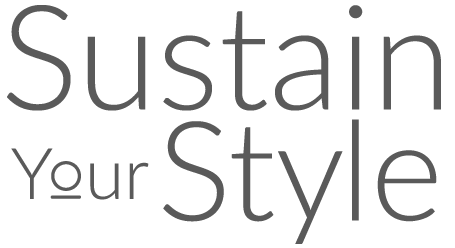Rayon, Viscose, Modal
200 million trees
are cut down each year to make our clothes
30% of rayon and viscose clothing
comes from endangered and ancient forest
6% of the global apparel industry
uses forest-based fabrics
Rayon is a fiber from regenerated cellulose, generally derived from wood pulp. Rayon is usually made from eucalyptus trees, but any plant can be used (such as bamboo, soy, cotton, etc). To produce the fiber, the plant cellulose goes through a process involving a lot of chemicals, energy and water. Solvents used during the process can be very toxic to humans and to the environment. Viscose, modal, lyocell and bamboo are different types of rayon.
The other substantial environmental concerns arising from rayon production is the massive deforestation involved. Thousands of hectares of rainforest are cut down each year to plant trees specifically used to make rayon. Only a very small percentage of this wood is obtained through sustainable forestry practices.
Viscose (also called Artificial Silk or Art Silk) is the most common type of rayon. Viscose production involves a lot of chemicals, heavily harmful to the environment when they are released in effluents.
Modal, another type of rayon using beech trees with a similar process to viscose. The company Lenzing, selling modal under Lenzing Modal® only uses trees from sustainably harvested forests (PEFC certified) and employs an eco-friendly bleaching method. However modal is produced by many other manufacturers who don’t necessarily use sustainable processes.
However, it is now rather easy to find sustainable rayon in the market. See more details in our sections about Lyocell/Tencel, Cupro, and sustainable viscose.





